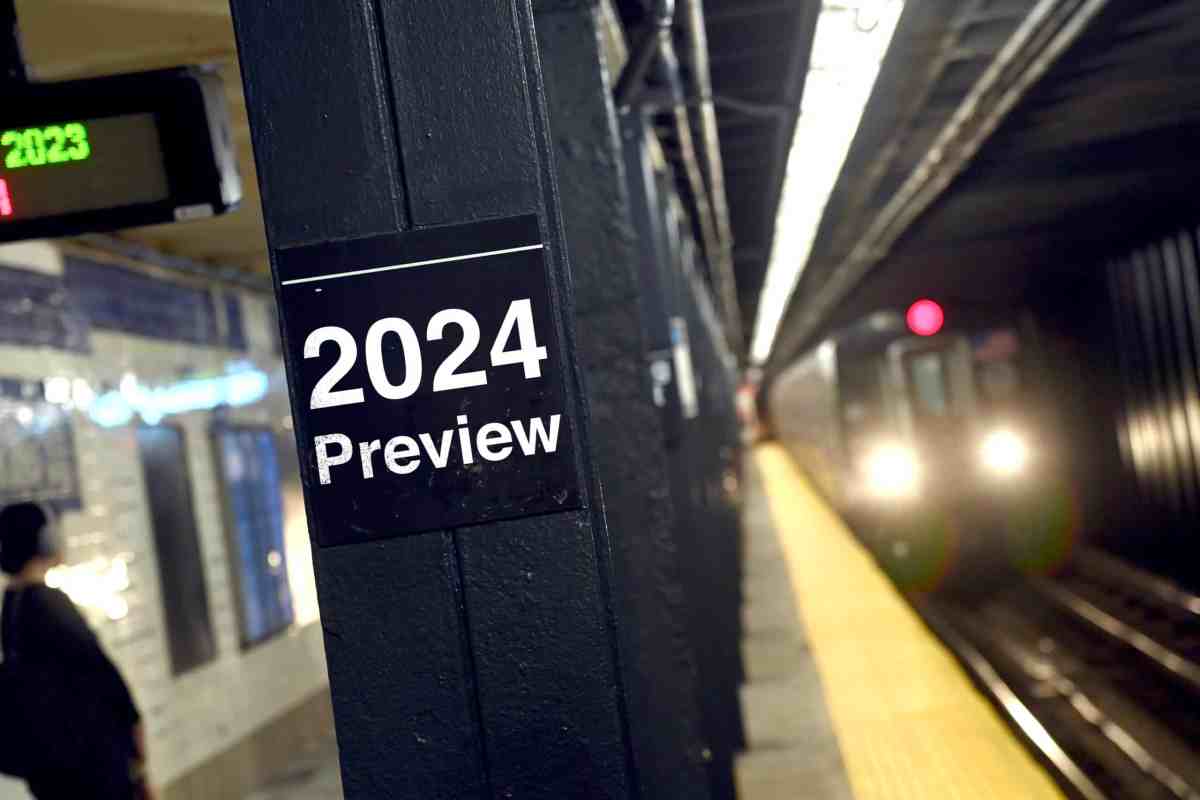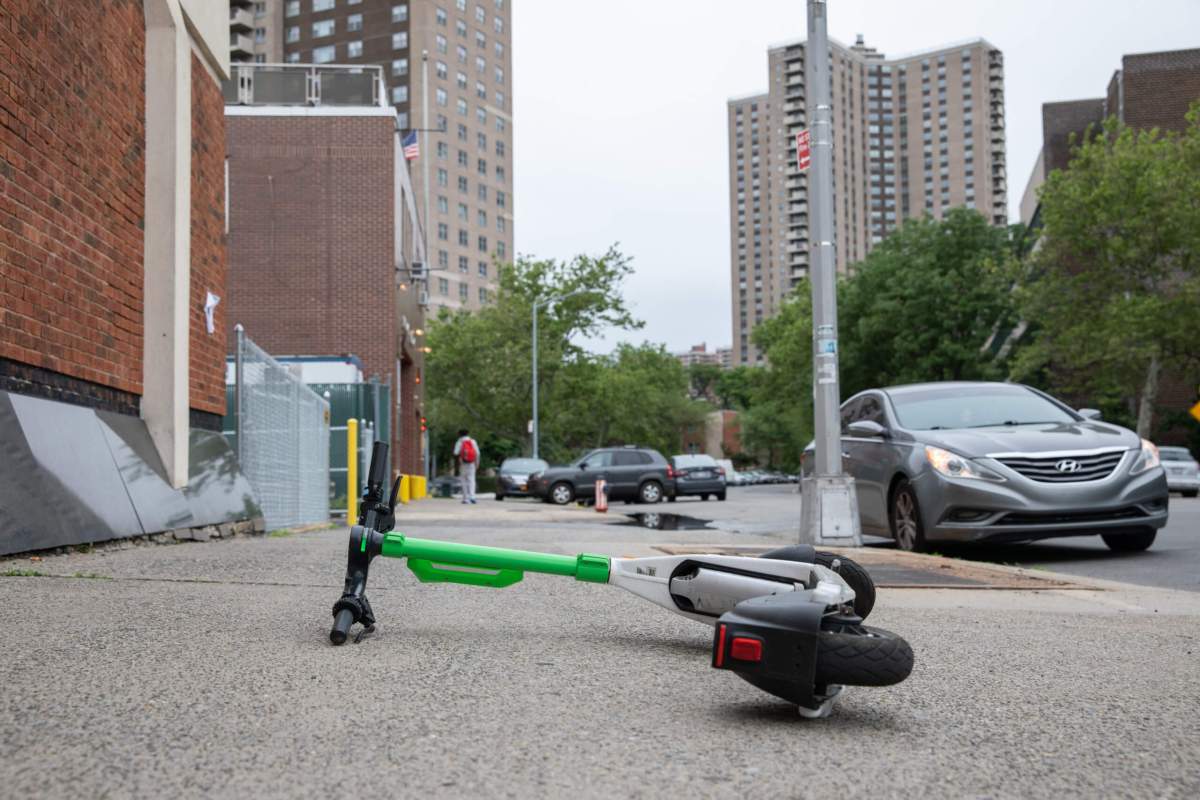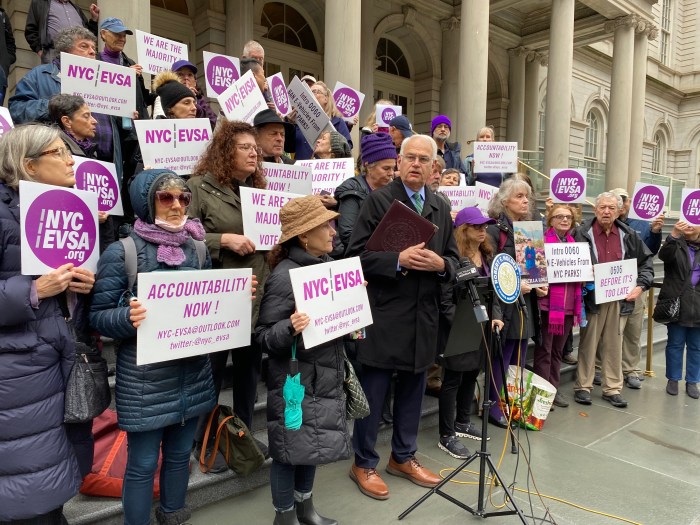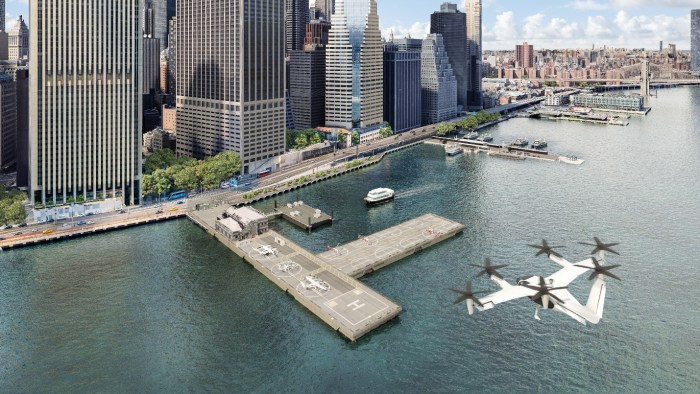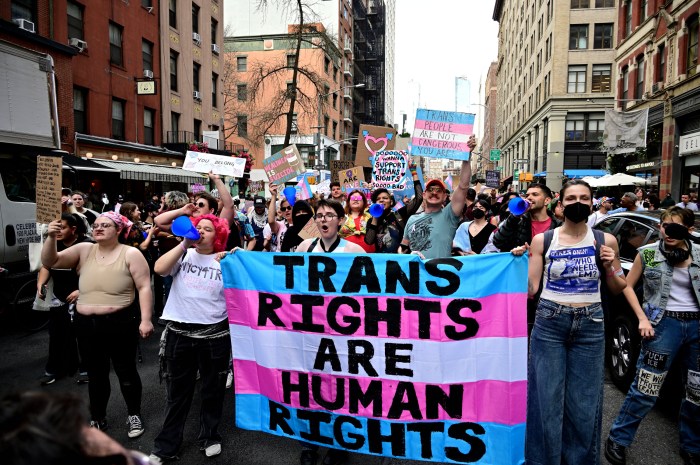We’ve reflected on the year in New York transportation news in 2023, but now it’s time to look ahead at what’s coming in the year ahead.
So stand clear of the closing doors as we look at some of the biggest developments expected in 2024.
Congestion pricing
After years of bureaucratic limbo, this year the federal government finally gave the green light to the MTA’s congestion pricing plan, which will charge motorists a toll to drive into Manhattan’s central business district south of 60th Street. Late in 2023, the MTA formally recommended most drivers be charged a $15 toll, with the intent of debuting the charge in the spring of 2024.
The MTA’s intent with congestion pricing is to reduce paralyzing traffic and carbon emissions, while raising revenue for its infrastructure projects, like re-signaling the subway, making the system accessible for people with disabilities, and keeping it in a state of good repair.
Despite inching ever closer to being the first city in North America to adopt a congestion charge, the MTA still has hurdles before it can begin levying tolls. The agency is accepting public comments on the proposal through mid-March, and will hold public hearings in February and March.
Some groups are still seeking exemptions, like yellow cab drivers, and have found sympathetic allies like Mayor Eric Adams. But the biggest threat to the program remains a federal lawsuit filed by New Jersey, which claims the plan’s environmental impacts weren’t adequately studied, a contention the MTA denies. Already, the MTA says delays related to the lawsuit have pushed back re-signaling work on the A/C line in Brooklyn, and could feasibly lead to more delays.
Big projects
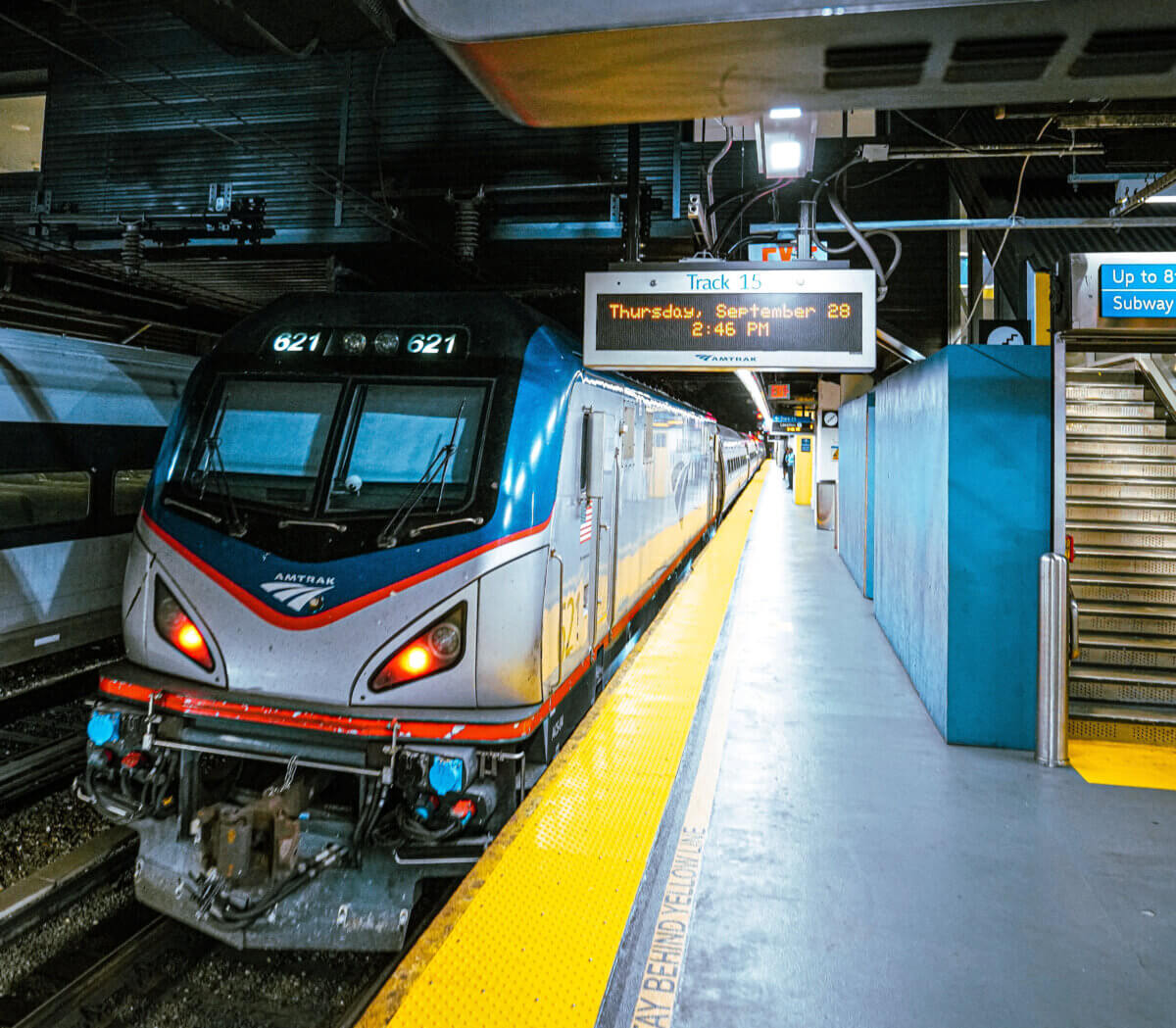
New York secured billions of dollars from the Biden administration in 2023 to pursue big transit infrastructure projects, like extending the Second Avenue Subway to East Harlem, building new rail tunnels under the Hudson River, and constructing new Metro-North stations in the Bronx. While major construction work is set to start in earnest in 2024, completion should not be expected for many years.
While federal money is important for project delivery, the MTA is also counting on congestion pricing for revenue to pay for projects big and small, from big network expansions to keeping century-old infrastructure from falling apart.
The MTA released a gigantic “20-year needs assessment” this year, outlining the areas where investment is expected to be most critical over the next two decades; climate change and aging infrastructure are some of the most pressing issues facing the agency. In 2024, the MTA will flesh out its infrastructure needs with its next five-year capital plan, which summarizes infrastructure investments the agency plans to make.
Meanwhile, the fate of Penn Station still hangs in the balance as the MTA, Amtrak, and New Jersey Transit seek to redevelop the much-maligned terminal, which is the busiest transport facility in North America. Plans for redesigning the station still have not been finalized.
Buses, buses, buses
In 2023, MTA buses ran at their slowest speeds since 2019, a pitiful 8.18 miles per hour on average, making them the nation’s slowest buses. In 2024, the agency hopes to speed them back up through a variety of measures.
Transit officials hope to put the finishing touches on the redesign of Queens’ bus network and finalize the proposal for Brooklyn. They will also expand automated camera enforcement to more bus routes and increase its scope beyond just those illegally parked in bus lanes, adding double parkers, bus stop parkers, and cars blocking bike lanes.
The biggest impact on bus speeds can be made by implementing bus lanes or busways, but those remain a question mark as the city’s streets are controlled by the Adams administration, not the MTA. The city’s Department of Transportation failed in 2022 to meet legal mandates on the construction of new bus and bike lanes, and is expected to do the same in 2023. Whether the pace gets picked up in 2024 remains an open question.
Read more: Police Seek Suspects in Bronx Subway Shooting Incident



